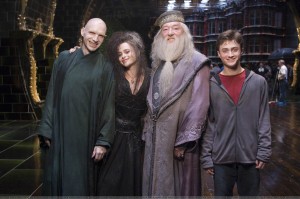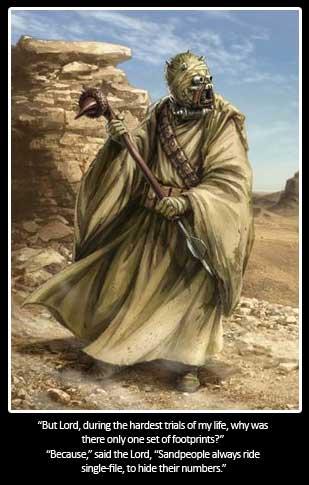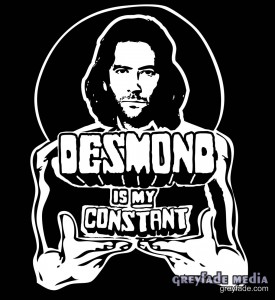Here’s my To Read list for 2012. It’s far from complete. What would you add?
Academic
This list will grow through the year, but here’s what I have for the spring semester of the MAGL:
Culture Making: Recovering Our Creative Calling by Andy Crouch
Shaping of Things to Come, The: Innovation and Mission for the 21st-Century Church by Alan Hirsch and Michael Frost
The Meeting of the Waters: 7 Global Currents That Will Propel the Future Church by Fritz Kling
The Invisible: What the Church Can Do to Find and Serve the Least of These by Arloa Sutter
Public Faith, A: How Followers of Christ Should Serve the Common Good by Miroslav VLF
Theology & Spirituality
Freedom of Simplicity: Finding Harmony in a Complex World by Richard Foster by Richard Foster
The King Jesus Gospel: The Original Good News Revisited by Scot McKnight
Evolving in Monkey Town: How a Girl Who Knew All the Answers Learned to Ask the Questions by Rachel Held Evans
The Politics of Jesus by John Howard Yoder
Life Together: The Classic Exploration of Faith in Community by Dietrich Bonhoeffer
1491: New Revelations of the Americas Before Columbus by Charles C. Mann
Life, Relationships and Vocation
Free Agent Nation: The Future of Working for Yourself by Daniel H. Pink
Keith Ferrazzi, Never Eat Alone
Flow: The Psychology of Optimal Experience by Mihaly Csikszentmihalyi
What Should I Do with My Life?: The True Story of People Who Answered the Ultimate Question by Po Bronson
Fun
How to Live Safely in a Science Fictional Universe by Charles Yu
Neuromancer by William Gibson
Stranger in a Strange Land by Robert A. Heinlein
Catching Fire by Suzanne Collins
Mockingjay by Suzanne Collins
The Walking Dead: Compendium One by Robert Kirkman, Charlie Adlard, Cliff Rathburn and Tony Moore
The Count of Monte Cristo by Alexandre Dumas
A Clash of Kings by George R.R. Martin













 Tweets
Tweets